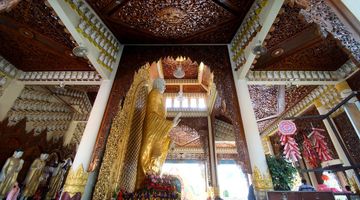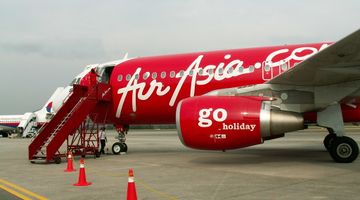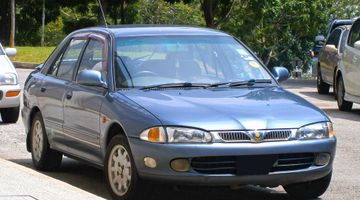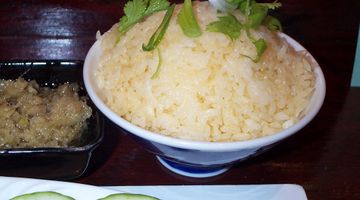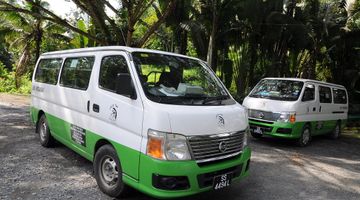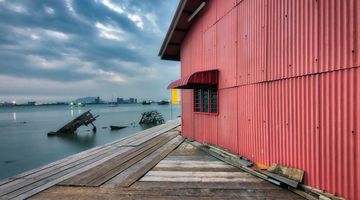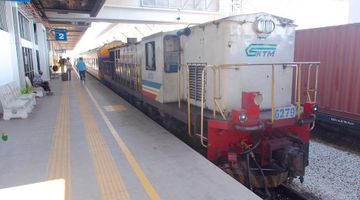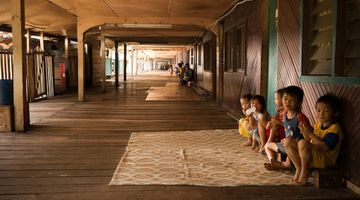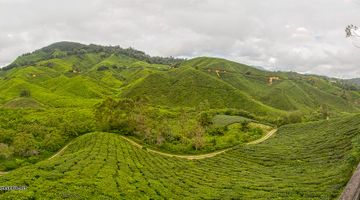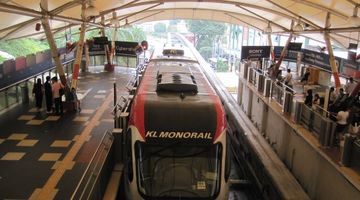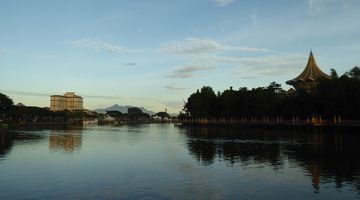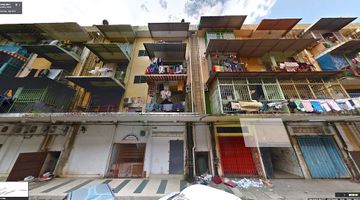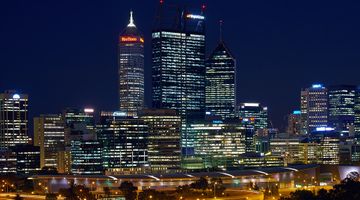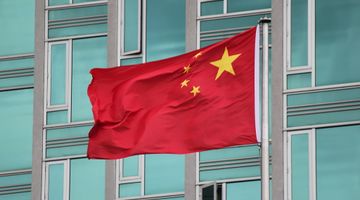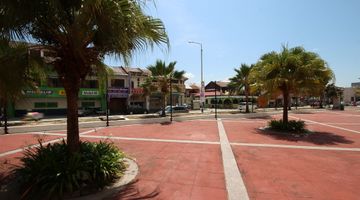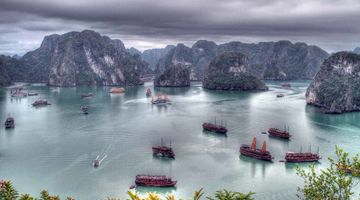Religion in Malaysia – Essential Thing to Know Before Your Travel
Malaysia is the most multicultural nation in South East Asia with Malays, Chinese, Indians among others identifying as Malaysian. Religion in Malaysia is equally as diverse and includes Muslims, Buddhists, Christians, Hindus and Sikhs.
Main religions in Malaysia
The largest religion in Malaysia is Islam. Approximately 60% of the population identify as Sunni Muslims who make this demographic in 12 out of 13 national states; Sarawak is the exception with a Christian majority.
Malaysia’s second religion is Mahayana Buddhism accounting for approximately 20% of the population. The vast majority are Malaysian Chinese. A minority of South Indians, Sri Lankans and Burmese living in Malaysia practice Theravada Buddhism.
Christianity forms just under 10% with a higher prevalence in Sabah and Sarawak in Malaysian Borneo.
These are the three main religions in Malaysia. Hindus make up the smallest group covering 6% of the total population. Minorities of Sikhs, Taoists, Confucians and a small community of pagans and animists also exist in Malaysia.
In short, Malaysia features most of the world’s major religions. But at the same time, Islam is seen as the primary religion and Malaysia as an Islamic country.
History of Islam in Malaysia
Islam is believed to have arrived by Indian traders. Dating back to the 12th-century, this is the youngest of the religious beliefs in Malaysia. Buddhism and Hinduism dominated much of the modern-day nation for more than 1000 years. Kedah’s King Mudzaffar Shah first adopted Islam around 900 years ago transforming his Hindu Kingdom into Malaysia’s first Sultanate. The religion began to spread through different settlements culminating in a 15th-century Golden Age under the Malacca Sultanate. Malaysia’s colonial days under the Portuguese and Dutch rarely interfered with religion. European powers only contributed to the nation’s demographics in a minor way, which was mostly through Christian missionaries.
The British, on the other hand, had a significant impact on Malaysian religion. Towards the late 19th-century, British colonialists transformed the country into an economic powerhouse by exporting vast quantities of tin and rubber. Buddhist Chinese migrated to work in the tin mines while Hindu Indians came to work on the plantations. This had a significant impact on Malaysia’s demographics transforming the once Malay dominance into a multicultural society. British missionaries also converted vast numbers of the pagan indigenous to Christianity.
After gaining independence in 1957, the constitution guaranteed freedom of religion while granting Islam the official religion. Though the once moderate form of Islam is now taking a path towards conservatism. In turn, this has influenced a type of religious conflict in the underbelly of multicultural and multi-ethnic Malaysia.
Religion conflict in Malaysia
The religious beliefs in Malaysia have generated endless disputes between different groups. Just below the surface, a tension exists that few tourists are aware of related to racial and religious discrimination against Non-Muslim Malaysians. Without going into depth on this potentially controversial topic, Muslim Malays along with a tiny minority of indigenous groups have what’s called a ‘Bumiputra’ status. This gives special privileges in education, career opportunities and financial incentives unavailable to other races.
Other conflicts arise as the government drives the country towards a conservative form of Islam despite just 60% of Malaysians identifying as Muslim. Political leaders aim conservative policies towards rural communities to secure electoral votes. Sabah in Malaysian Borneo once experienced an unprecedented level of immigration and naturalisation of Muslim immigrants in exchange for votes. Recent controversies such as the discovery of a Muslim-only laundromat and shopping trolleys are dividing opinions and ethnic groups. A beer-festival and LGBT events were recently banned in Malaysia too.
Religion and culture
In Malaysia religion and culture are often intertwined. In almost every part of the country, you’ll hear the call to prayer blasted out of loudspeakers five times each day. Nearly every city, town and village have at least one mosque. The country’s administrative centre in Putrajaya also features a majestic array of Islamic architecture. Buddhist and Hindu temples found throughout the country often have lavish and exotic styles too.
Regarding culture, whenever you order a meal, it’s customary to eat with the right hand. Hold the spoon in your right or if you want to go traditional, use your whole hand and eat with your fingers. Be aware when you use the toilets and bathrooms. The more rural ones lack toilet paper and come with a bucket and pail instead. Remember to pack tissue! You should also be aware that it’s quite rare for people of the opposite sex to touch. As a foreigner, don’t initiate a handshake with someone of a different gender.
Tips for travellers
Because Malaysia identifies as an Islamic country, it can cause a few restrictions for travellers. Some tend to be slight inconvenience whereas others can cause more problems and make some tourists feel comfortable. Be aware of the following suggestions and tips for travellers, including solo female tourists, before visiting Malaysia.
-
Alcohol in Malaysia
Despite its conservative status, Alcohol is widely available. While it might be difficult to come across and a much higher price tag than neighbouring countries in South East Asia, drinkers can still drink alcohol. You can find a small selection of beer in some supermarkets, Hindu Indian shops and Chinese restaurants. Imported wine can be bought too but at a much more inflated price. Top shelf spirits are quite common in Malaysia and tend to be cheap. But the quality might be dubious and potentially dangerous. Other drinks include traditional rice wine and liquor produced from coconut water. Both are popular and readily available in East Malaysia’s Sabah and Sarawak. -
The Price of Alcohol
If you’re a budget traveller who enjoys a beer or two, prepare for disappointment. In most places, the cost of alcohol might be similar to what you would expect back at home. A small 330ml can of beer from the supermarket costs more than RM8 ($2) while a ‘beer set’ including four small cans inside a bucket of ice costs at least RM25 ($6.30). A bottle of imported wine usually exceeds RM100 ($25) from the supermarket and much higher in restaurants. However, Happy Hour prices are quite affordable in Kuala Lumpur, and Langkawi’s duty-free status provides very affordable drinks. -
Ban on Alcohol Sales
In some of the more conservative states, alcohol is banned. This includes the ultra-conservative Kelantan and Terengganu in the northeastern regions of Peninsular Malaysia. Restrictions are in place in other states such as Selangor where fewer supermarkets and shops stock alcoholic drinks. You should also be aware that Malaysia recently increased the legal drinking age to 21. Though shopkeepers rarely check and it’s unlikely to affect tourists. -
Malaysia’s Most Conservative States
Kelantan and Terengganu are Malaysia’s most conservative states. Pro-Islamic pressure has created a gender division similar to what you would expect in parts of the Middle East. Supermarkets have separate lines for males and females. Proximity charges, where an unrelated man and woman appear to be sat too close, results in hefty fines. This extends to sharing a park bench with a member of the opposite sex and riding a motorbike with an unrelated man or woman. The tiny percentage of tourists once attracted to the coastal resorts declined after a complete bikini ban was introduced in both states.
Both of these Malaysian states implement Sharia Law and are advocates of the brutal hudud punishment whereby adultery is punishable by stoning to death and theft with amputation. Despite facing criticism, a surprising number of Malay Muslims support this form of punishment. According to a recent survey, most people in Johor, one of Malaysia’s most developed and wealthiest states, want hudud. Even worse, more than half of those interviewed want stoning and amputation to apply to both Muslims and Non-Muslims in Malaysia. Some political leaders in both the government (UMNO) and one of the opposition parties, PAS, are sympathetic to the brutal law. While this won’t affect foreigners, it’s a consideration for ethical tourism.
- Sharia Law
Sharia Law applies to all Muslims in Malaysia. Every Malay by law is a Muslim. While this doesn’t apply to Non-Muslims and tourists, it’s still worth mentioning. The Islamic Law aims to cover facets of life such as family and societal matter as well as to settle disputes. If the ‘religious police’ catch two unmarried Muslims holding hands, they can face indecent behaviour charges which can carry a six-month prison sentence. The same is true for a Muslim who misses Friday prayer for three consecutive weeks without a valid reason. However, it’s unclear how often the law is implemented.
Towards the other end of the spectrum, some leaders want to issue 80 lashes with a rattan cane to any Muslim who breaks Ramadan traditions or who drinks alcohol. Kelantan introduced caning in 2017. Sharia Law doesn’t apply to western tourists, and its unlikely visitors will be experience anything related to it. However, there have been reports of western tourists and expats raided by the ‘religious police’ on close proximity charges. It’s also unclear if Malaysia’s Sharia Law applies to non-Malaysian Muslims who might be more liberal in their views.
-
LGBT
Malaysia and most Malaysians, in general, reject LGBT and are actively against homosexuality. According to a recent poll, only 9% of the population think it’s acceptable, which ranks as the third lowest in Asia slightly behind Indonesia and Pakistan. While the ‘crime’ is punishable, tourists who don’t display outward affections rarely get noticed. Kuala Lumpur tends to be more liberal towards the LGBT community with covert gay-friendly bars and nightclubs. A recent news article appeared in Western media ridiculing a leading Malaysian newspaper’s ‘How to spot a gay’ checklist. -
Dress codes
Malaysia doesn’t have a specific dress code for Non-Muslim tourists. Foreign women won’t be expected to cover their hair, arms and legs. However, showing a bit of modesty and respecting the conservative culture should be a priority. If you visit some temples or mosques, you’re expected to dress appropriately. Beach and swimming wear can be a controversial and ambiguous subject. Wearing a bikini on the beach in most parts of Malaysia isn’t against the law but it’s also considered to be socially unacceptable. If you do, expect stares and potentially unwanted attention from men. Those staying at a resort aimed more towards foreigners will find a more liberal approach to poolside swimwear. Swimming pools aimed at locals will attract people who avoid bikinis and speedos. -
Catcalls
Despite lacking a direct relation to religion, catcalling deserves mentioning. In Malaysia’s least developed states such as Sabah and Kedah, local groups of men will often make catcalls towards women. Some Malaysians experience this when they’re wearing shorts or simply because they’re a woman walking past. Foreign women outside of the city centre might experience this more so than locals. But, this rarely happens in the more developed parts of the country such as Kuala Lumpur.
Conclusion
Malaysia is multicultural consisting of a mixture of Muslims, Buddhists, Christians and Hindus. Despite the Islamic community forming 60% of the population, government policies often gear more towards their needs at the expense of other ethnic groups. Religioun is a very touchy subject in 21st-century Malaysia.
